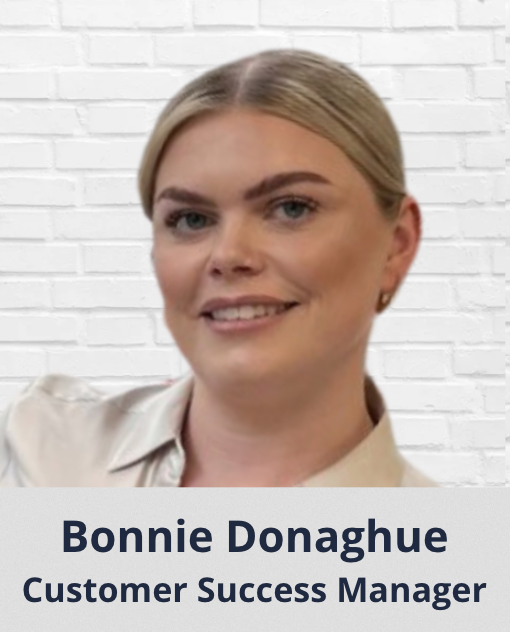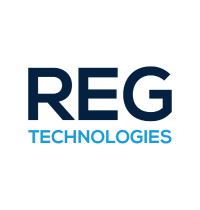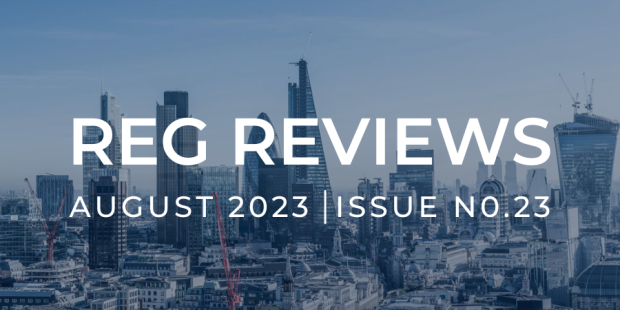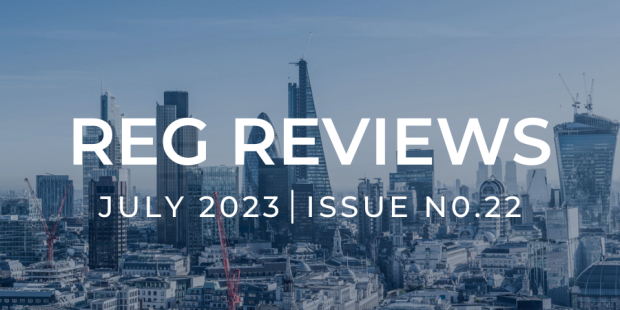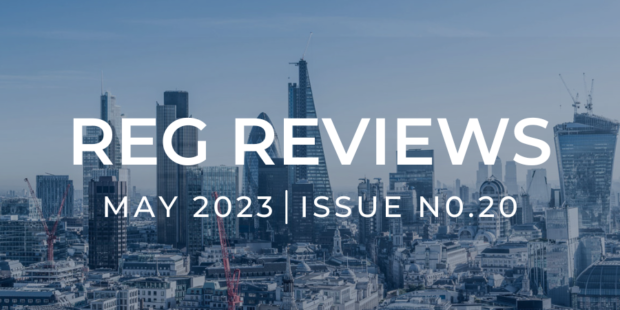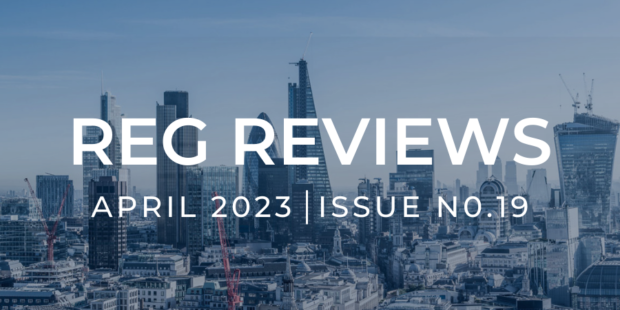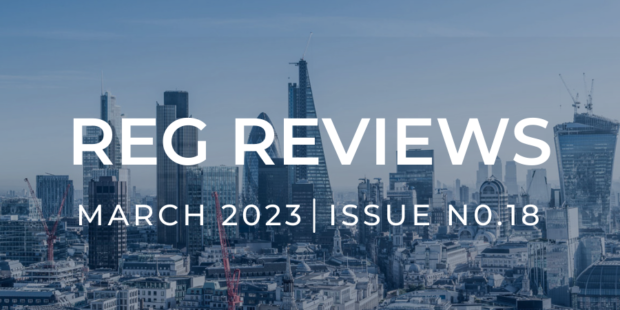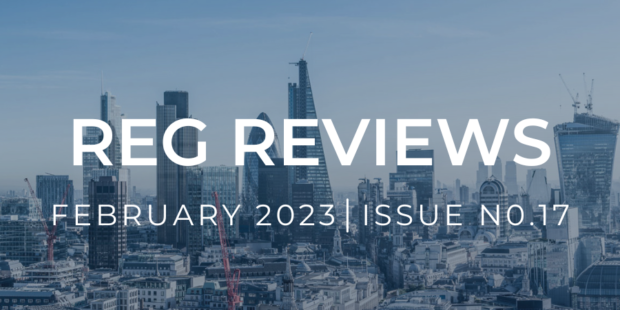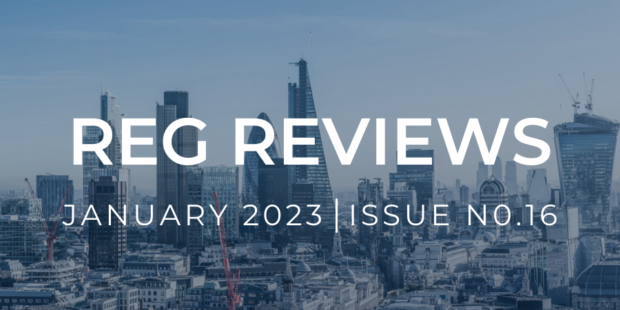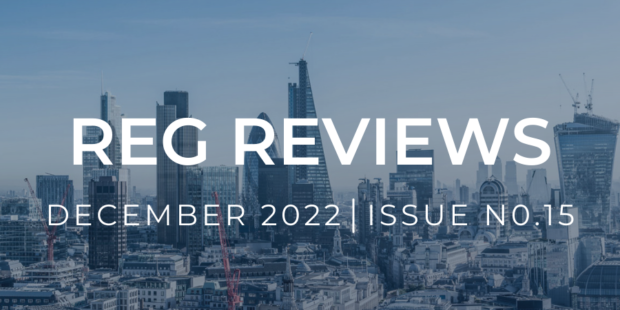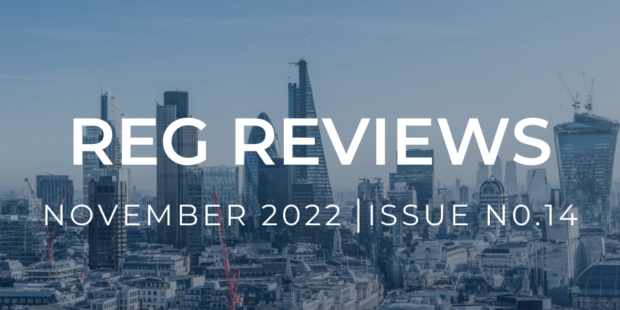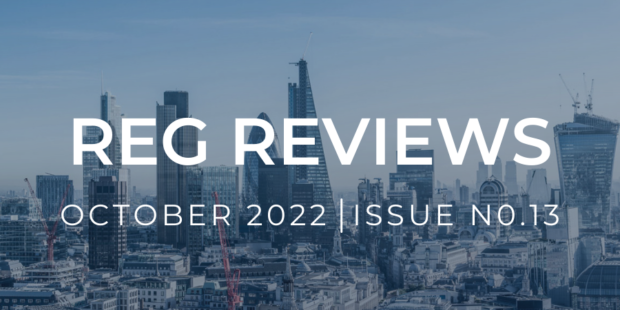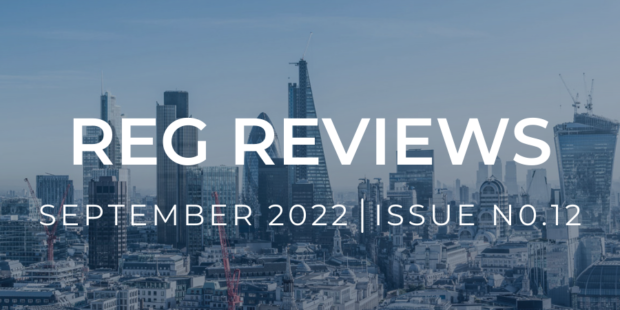Industry experts are urging for increased competition in the UK nightlife insurance market, which is currently dominated by a single capacity provider. Concerns are growing that any reduction or withdrawal of this provider’s services could severely impact the sector, reports Insurance Age.
Brokers and leaders in the nightlife industry are appealing for more insurers to step in and assist nightclubs facing an insurance crisis if the key provider scales back or exits the market.
According to these stakeholders, Accelerant, who provides capacity to the major managing general agents (MGAs) that offer nightclub insurance, currently holds a significant share of the UK nightclub market’s capacity provision, making it the primary choice for brokers.
Michael Kill, CEO of the Night Time Industries Association, mentioned to Insurance Age that while there are occasional alternative insurance providers for nightclubs, their pricing is often prohibitive. It can cost up to £40,000 per annum to insure a high-street nightclub, making Accelerant the most practical choice.
“A positive is that Accelerant is accessing something that is working for people, but it’s the sole product out there at moment that’s workable within the traditional nightclub sector,” stated Kill.
Some of the MGAs offering nightclub insurance include NBS Underwriting, Trilogy, Eaton Gate, and Burns & Wilcox. However, Kill is urging for engagement from insurers interested in introducing competition to a market that has made significant advancements in risk management in recent years.
“The key thing that we’d love to do is get some insurers around the table for us to talk to them about exactly what the sector looks like now, and what it’s looked like for over the last 10 years, so that people are confident moving into the sector and are able to supply products at a reasonable sort of premium,” he commented.
Brokers have observed Accelerant’s rapid expansion in the nightclub sector and other niches, with the company extending its presence across the UK market as premium income grows.
In 2021, the insurer reported €219 million (£188.2 million) in gross written premiums (GWP), which increased to €662 million the following year, largely driven by partnerships with its MGAs.
Accelerant Insurance Europe operates with a 90% quota share arrangement with reinsurers, assuming only a small portion of the risk itself. It holds an A-rating from AM Best, making it a secure choice for MGAs.
Jon Newall, founder of Prosura, warned that if Accelerant were to exit the nightclub market partially or entirely, it would have a significant impact, similar to a major bank departing from the UK. Nightclubs would face challenges in obtaining affordable insurance, potentially leaving them in a vulnerable position.
Newall stated; “We are not concerned about Accelerant’s financial stability, or its credit worthiness or anything like that, it’s just a genuine concern of [lack of competition in] the distressed market. If something did happen to them, or they pulled out the UK market, we’re in trouble.”
Additionally, Insurance Age reported it understands that Accelerant has restrictions in place that prevent the MGAs it supports from quoting against other providers it backs when brokers are placing business, further limiting options for intermediaries.
Simon Mabb, the Managing Director of Romero, who operates a successful nightclub scheme, highlighted that capacity provision in the sector has declined due to players exiting following the impact of COVID-19.
One significant player he mentioned is QBE, which had a strong proposition but has now scaled back.
“The market has been struggling for a period with people wanting to write leisure businesses, particularly late leisure. Customers have taken a battering in terms of premium. All roads lead back to Accelerant which is the main capacity that is writing this business,” he said.
The launch of Bridgehaven, which plans to invest millions in the commercial specialty sector, has provided some hope for MGAs seeking capacity. However, it remains uncertain whether this provider would include nightclubs in its risk appetite, which primarily targets the higher end of the SME market.
Michael Kill believes that nightclubs are unfairly judged by insurers, even though they have made substantial progress in risk management. He pointed out that insurers often hold a stereotypical view of nightclubs as high-risk establishments.
“What we find is that the risk premium is elevated against other businesses, even though other businesses suffer the same challenges that our sector has faced, predominantly over the last three years. So it seems surreal that we’re in a similar situation to many other sectors, but seem to be penalised because we’re seen as higher risk. Something definitely needs to be done,” he added.
Indeed, great strides have been made to enhance the sector’s risk management, with improvements to CCTV and security, better strategies for reducing claims and risk exposure and strengthened reputation following a boost in advocacy fuelled by the proliferation of social media and online reviews.
From an MGA perspective, Michael Keating, CEO of the Managing General Agents’ Association (MGAA), believes the market is functioning effectively.
“MGAs are experts in terms of underwriting these sectors, and if Accelerant are providing paper and capital to MGAs, those MGAs must believe that they have the expertise and sector knowledge to provide an underwriting return for Accelerant. From a broker perspective, I’ve got no doubt that they would prefer competition. But that is down to brokers, MGAs and ultimately capacity providers to work together to identify where there is the ability for all stakeholders to make a satisfactory return,” Keating shared.
Despite efforts by Insurance Age to reach out, Accelerant did not respond to requests for comment.













